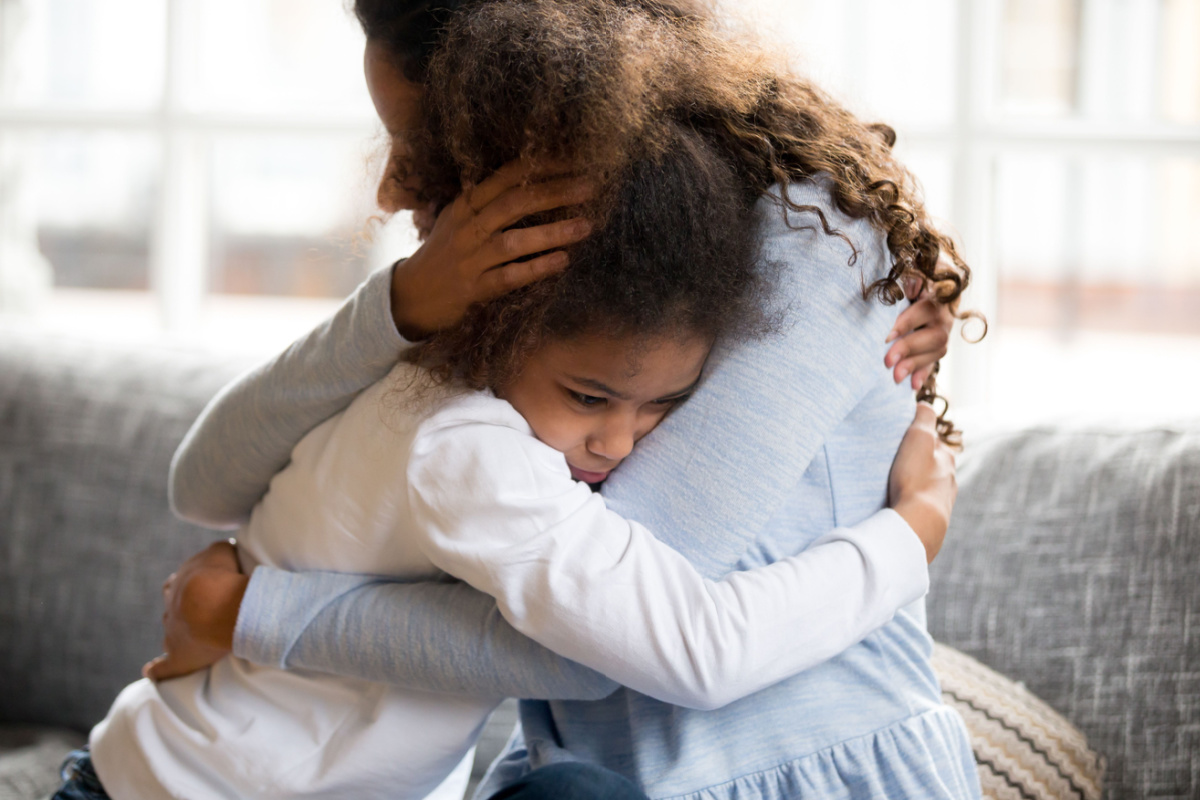Losing a loved one is a profoundly challenging experience for anyone, and it can be especially difficult for children. At ProCare Hospice of Nevada, we understand the importance of providing support and guidance to help children navigate the complex emotions that arise after the death of a loved one. In this comprehensive guide, we will explore the various ways you can assist a child through this challenging journey.
Table of Contents
- Understanding Grief in Children
- Communicating with Compassion
- Creating a Safe Space
- Utilizing Creative Expression
- Seeking Professional Help
- Frequently Asked Questions (FAQs)
- ProCare Hospice of Nevada: Providing Comfort and Support
Understanding Grief in Children
Age-Appropriate Grief:
Understanding that children of different ages will react differently to death is paramount. Younger children may not fully comprehend the permanence of death, while older children may experience more complex emotions. It’s essential to recognize these differences and tailor your approach accordingly. Younger children may have a limited understanding of death and may ask questions like “Where is grandma?” or “When is mommy coming back?” They may need simple, straightforward explanations, such as “Grandma has passed away, which means she won’t be coming back, but we can still remember and love her.”
On the other hand, older children, especially teenagers, may have a better grasp of the finality of death. They might experience emotions like anger, guilt, or sadness, and may even question the fairness of life. Engaging in honest and age-appropriate conversations with them is crucial. Encourage them to express their thoughts and feelings, and provide reassurance that their emotions are valid.
Communicating with Compassion
Open and honest communication is crucial when helping a child cope with the loss of a loved one. Here are some tips for effective communication:
Be Honest:
Using age-appropriate language to explain the situation is key. Avoid using euphemisms or vague explanations. Instead, use clear and direct language. For instance, instead of saying, “They have gone to a better place,” you can say, “They have passed away, which means they won’t be with us anymore.”
Listen Actively:
Encourage the child to express their feelings and thoughts. Offer a non-judgmental and empathetic ear. Let them know that it’s okay to cry, be angry, or feel confused. Grief can manifest in various ways, and allowing them to share their emotions can be therapeutic.
Reassurance:
Assure the child that their feelings are valid and that it’s okay to grieve. Let them know that it’s normal to feel a wide range of emotions, and there is no right or wrong way to grieve. Reiterate your love and support for them, emphasizing that you are there to help them through this difficult time.
Maintain Routine:
Try to maintain a sense of normalcy in the child’s daily routine, to provide stability during a tumultuous time. Routine can offer a sense of security and predictability when other aspects of their life may feel uncertain. Ensure that they continue with school, hobbies, and social activities as much as possible.
Creating a Safe Space
Creating a safe and supportive environment for a grieving child is essential for their emotional well-being:
Encourage Memories:
Share stories and memories of the loved one to keep their memory alive. Encourage the child to share their own memories and feelings. You can create a memory box together, filled with photos and mementos that they can revisit whenever they feel the need.
Avoid Overloading:
Be mindful not to overwhelm the child with too much information or too many responsibilities. Grief in Las Vegas can be exhausting, and children may need extra rest and downtime. Allow them to take breaks when needed, and don’t push them to participate in activities they are not ready for.
Utilizing Creative Expression
Children often find solace in creative outlets when dealing with grief in Las Vegas:
Art Therapy:
Encourage the child to express their feelings through art, drawing, or painting. Art can be a powerful way for them to communicate when words fail. Provide them with art supplies and let them create freely. You can also join them in art activities to bond and support their creative expression.
Journaling:
Keeping a journal can be a therapeutic way for older children to process their emotions. Provide them with a journal where they can write down their thoughts, feelings, and memories. Encourage them to write letters to the loved one as a way of saying goodbye or expressing things they never had the chance to say.
Play Therapy:
For younger children, play therapy can help them express their thoughts and feelings through play. Provide them with age-appropriate toys and allow them to play out their emotions. It can be a way for them to make sense of the changes in their life and find comfort in play.
Seeking Professional Help
While family and friends play a vital role in supporting a grieving child in Las Vegas, sometimes professional assistance is necessary:
Child Grief Counselors:
Consider seeking the expertise of a child grief counselor who specializes in helping children cope with loss. These professionals are trained to work with children and can provide strategies and techniques to help them navigate their grief. They can also offer a safe and neutral space for the child to express their feelings.
Support Groups:
Joining a support group with other grieving children can provide a sense of belonging and understanding. In these groups, children can connect with others who are going through similar experiences. It can be comforting for them to know that they are not alone in their grief journey.
Psychological Support:
In cases of prolonged or severe grief, consult a child psychologist for guidance. A psychologist can assess the child’s emotional well-being and provide therapy or counseling tailored to their needs. They can also help identify any underlying issues that may be complicating the grieving process.
Frequently Asked Questions (FAQs)
- How do I explain death to a young child?
Use simple, age-appropriate language to explain that the loved one has passed away and won’t be coming back. Avoid using euphemisms, as they can cause confusion.
- What signs should I look for to identify if a child is struggling with grief?
Look for changes in behavior, sleep disturbances, withdrawal, or sudden shifts in mood. These can be indicators that a child is struggling with their grief and may need additional support.
- Can children attend funerals?
Whether a child should attend a funeral depends on their age and preference. It’s essential to prepare them for what to expect at the funeral and give them the choice to attend or not.
- Is it normal for a child to regress in their behavior after a loss?
Yes, it’s normal for a child to regress in their behavior after a loss. They may exhibit behaviors they had outgrown, such as thumb-sucking or bed-wetting. This regression is a common response to grief, and it’s important to reassure the child and provide extra support during this time.
- When should I seek professional help for a grieving child?
If a child’s grief significantly impacts their daily life, relationships, or well-being, it’s advisable to consult a professional. Signs to look for include prolonged sadness, extreme anger, severe withdrawal, or self-destructive behavior.
ProCare Hospice of Nevada: Providing Comfort and Support
Helping a child navigate the challenging path of grief after the death of a loved one requires patience, compassion, and understanding. By acknowledging their feelings, providing a safe space for expression, and seeking professional assistance when necessary, we can support these young hearts on their journey to healing.
At ProCare Hospice of Nevada, we understand the immense importance of providing comprehensive support for grieving families in Las Vegas. After one of our patients is admitted to our hospice services our dedicated team is here to assist you every step of the way. We are here to help you find comfort and healing during this difficult time.
Please contact us at 702.380.8300 or submit a form here.



 Back To Top
Back To Top